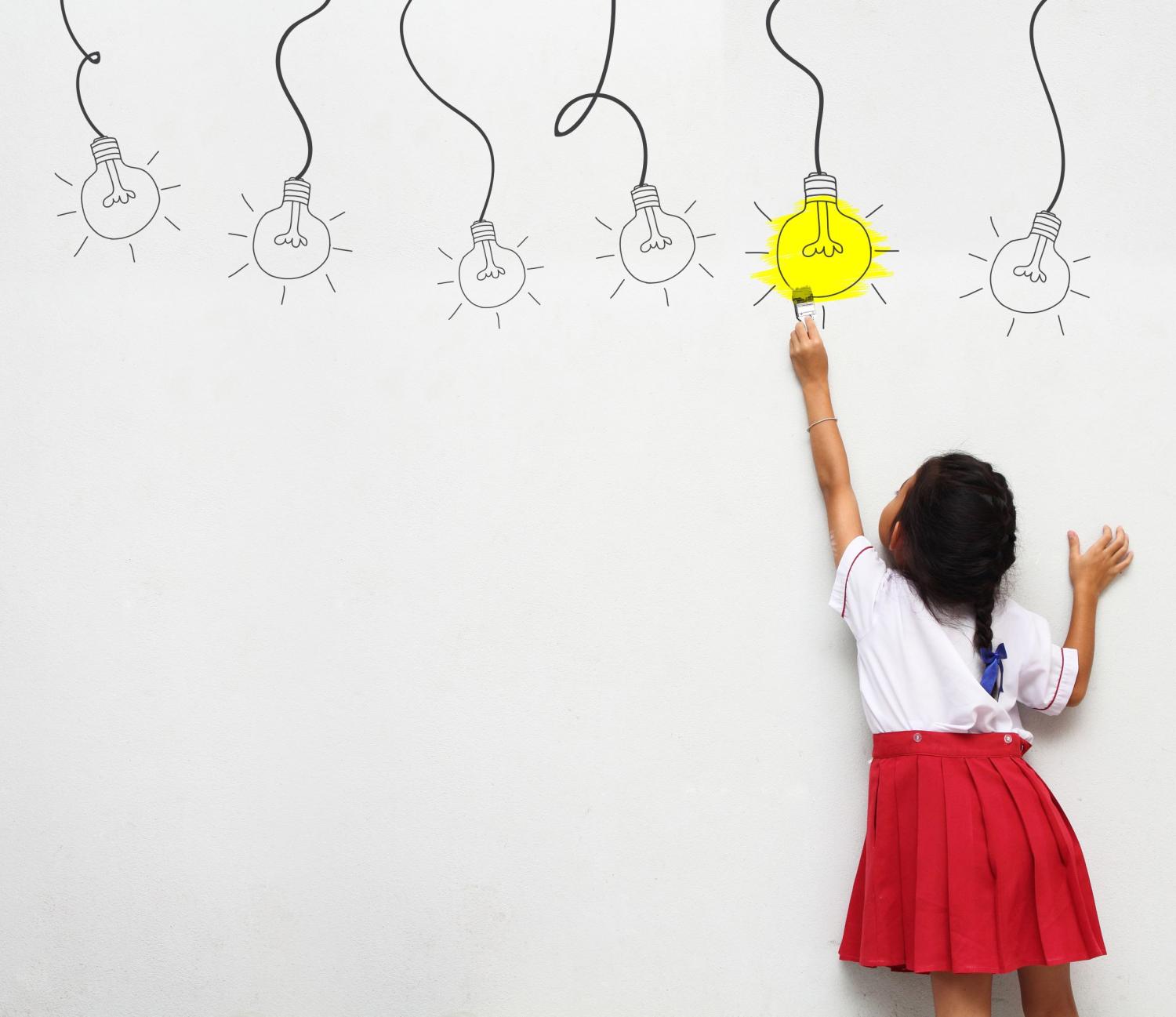Today’s youth confront a host of formidable challenges, including the climate crisis, conflicts, authoritarianism, and the far-reaching impacts of the COVID-19 pandemic, all amplified by persistent historical injustices such as gender-based violence, economic inequality, and racism. Current global education systems inadequately equip young people to address these issues, especially those in marginalized communities. Those most affected include children living in poverty, rural areas, conflict- and crisis-affected contexts or who belong to ethnic, linguistic, or religious minority groups, indigenous communities, or have disabilities.
Now, more than ever, children and youth need education systems that foster their reengagement, socio-emotional well-being, and the cultivation of critical-thinking, creative, and collaborative skills. To transform these systems, education leaders must collaborate on both local and global levels.
Transforming education systems involves more than just improving their current functioning—it requires a fundamental shift in how these systems define their purpose and objectives. At times, systems transformation challenges existing norms, power dynamics, and cultural influences to create meaningful and lasting change in how education is delivered and experienced and the learning that comes from it.
Recognizing the importance of this endeavor, the Center for Universal Education at Brookings, alongside its partners, is building the Knowing-Doing Network (KDN), a globally interconnected community focused on transforming education systems to ensure that every child and young person develops the range of skills they need to thrive in today’s world. The KDN is made up of researchers, practitioners, policymakers, funders, teachers, families, young people and other passionate changemakers—individuals, organizations, and networks—from across the globe who are committed to making policy and practice in local, national, regional, and global education ecosystems relevant and equitable.
The network approach
Networks bring together individuals, organizations, or entities in an interconnected whole to address complex social or systematic challenges. Unlike traditional organizations or hierarchical structures, networks are typically decentralized, flexible, and adaptive, allowing participants to share knowledge, resources, and strategies in a coordinated way.
Acknowledging that systems are difficult to navigate in silos, KDN serves as a collaborative space, uniting actors working on various aspects of education systems transformation, such as early learning, community-school engagement, innovative pedagogy, and gender equality. By bringing together passionate actors and leveraging the strength of their relationships, we can uncover promising solutions and impactful findings.
The network approach rests on three pillars:
- Cultivating trust. Networks are inherently distributed and nonhierarchical. As a result, relationships influence how networks function. When individuals and organizations interact with mutual trust, it leads to openness, commitment, and collaboration.
- Connecting actors. Networks mobilize diverse perspectives toward a shared purpose. The dynamic flow of information, knowledge, and resources through these connections creates opportunities for valuable engagement, shared expertise, and capacity building.
- Centering collaboration. Networks are able to act on opportunities where individuals and organizations can have a greater impact by working together than alone.
The Knowing Doing Network members
The core of KDN comprises existing and developing networks currently curated and coordinated by the Center for Universal Education at Brookings.
Through collaborative and participatory research, these networks explore key elements of education systems from diverse lenses, such as gender equality, family and community engagement, pedagogical mindsets, and breadth of skills, among others.
